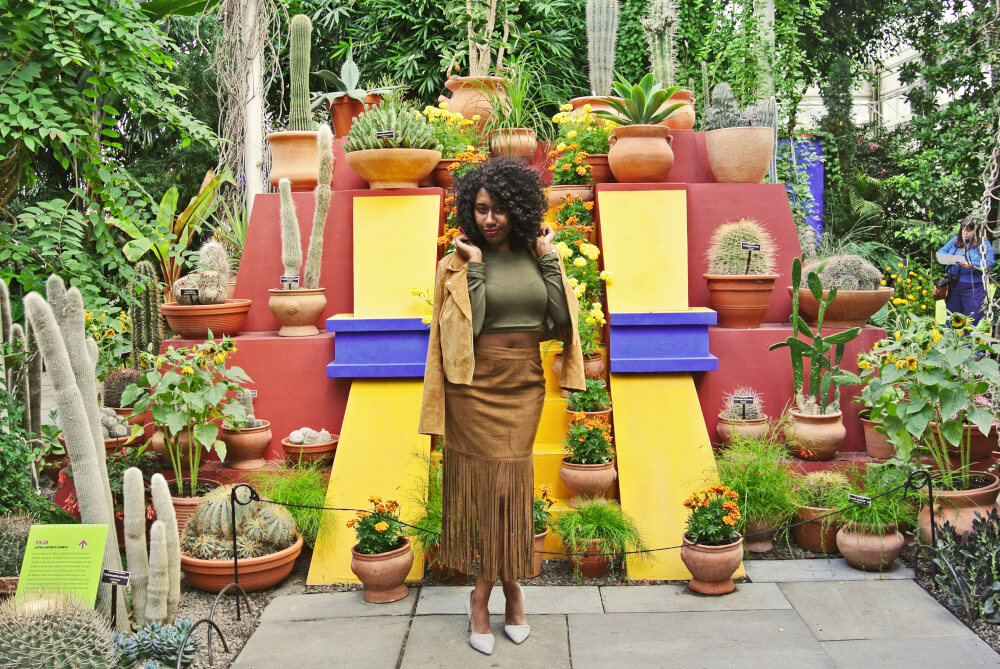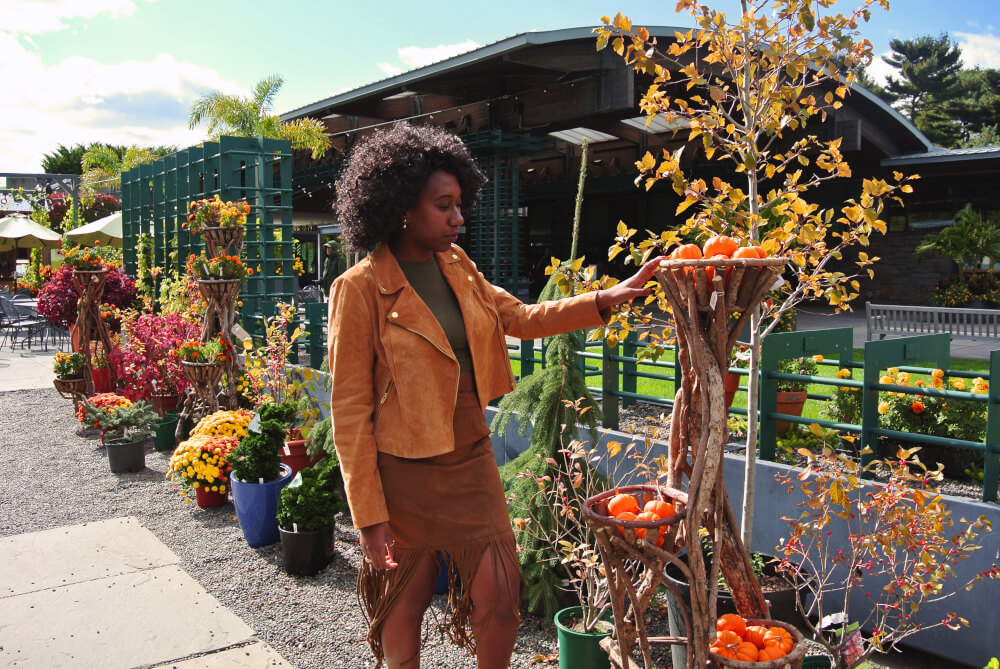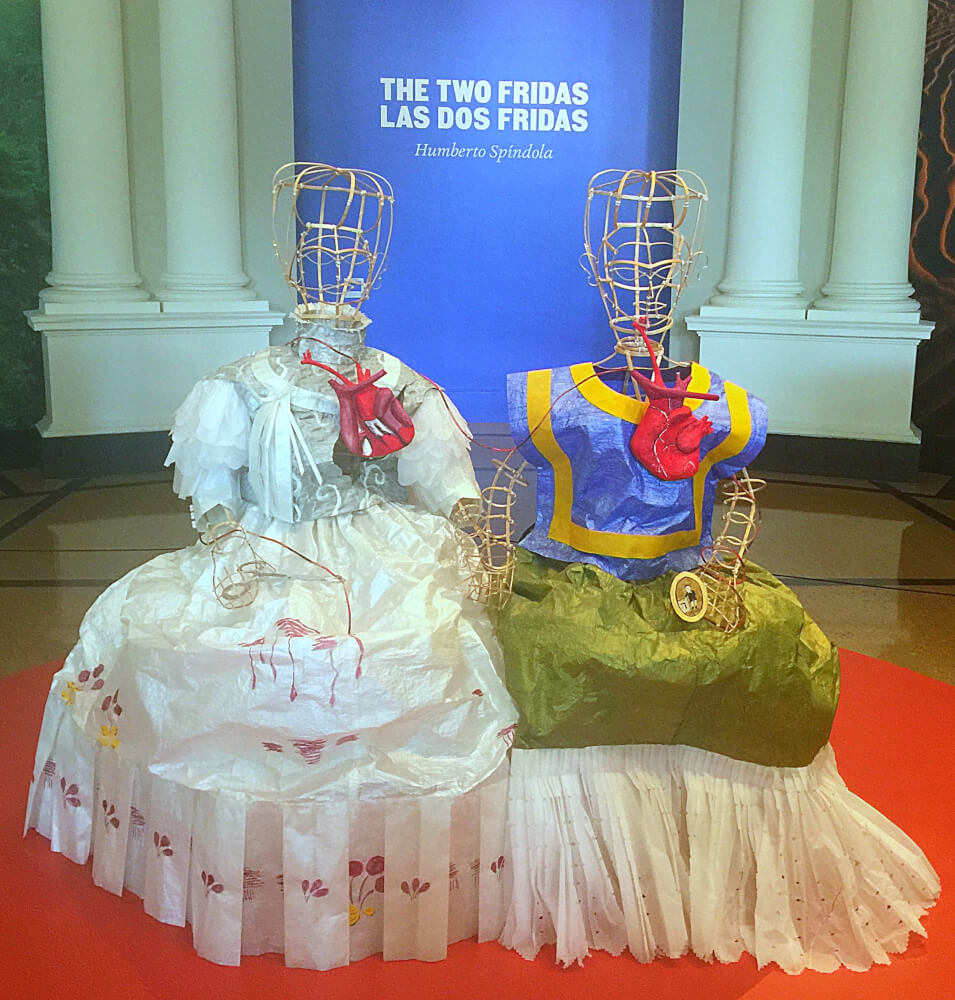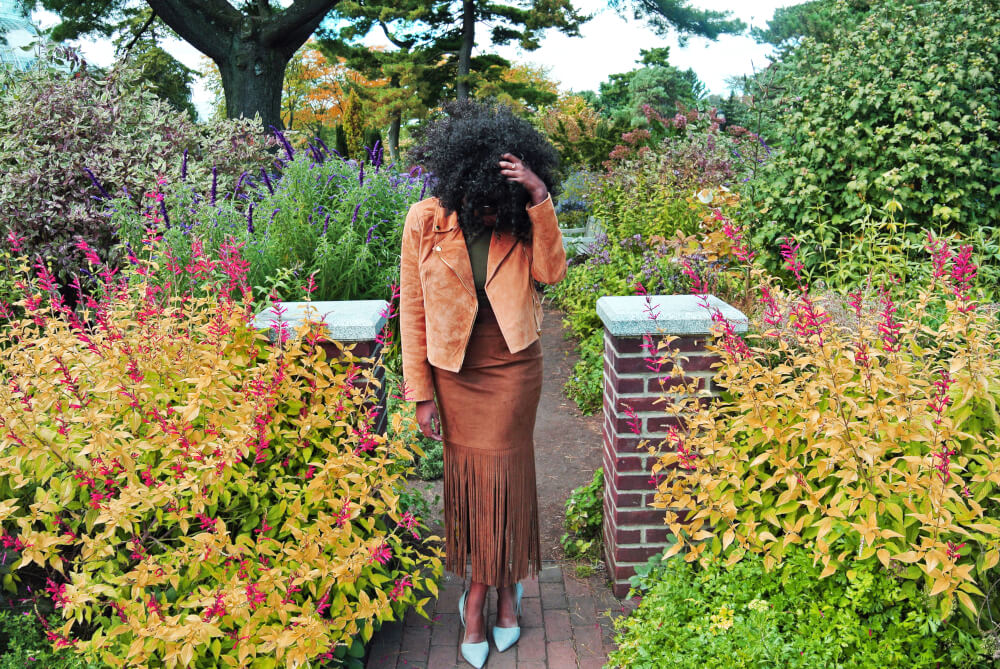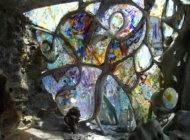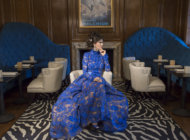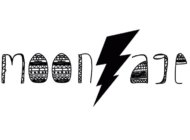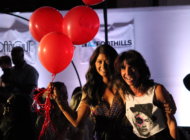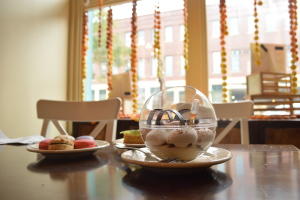On a crisp October day, I flipped through my whimsical closet (which as you know, included a couple of new purchases) and took off to The New York Botanical Gardens. Now, mind you, I grossly underestimated the crisp air and later on decided I needed to get a weather app that gives alerts (if anyone has a suggestion, let me know); and I knew I wanted to compliment the exhibit – black was an not an option on the menu today.
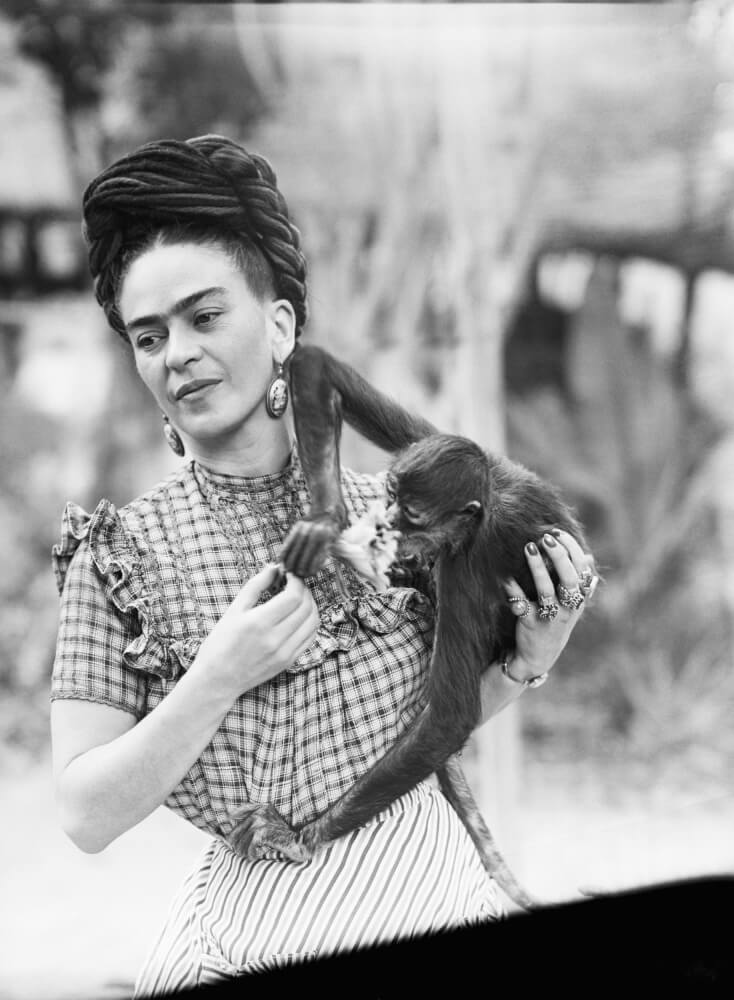
Photo courtesy of Biography.com
Before entering this exhibit I can honestly say I knew very little about Frida Kahlo and her eventful life but after I decided to find out more. She was born in 1907 in Coyocoán, Mexico City, Mexico and grew up in her famous blue house or Casa Azul. She began painting after being injured in a bus accident and became one of Mexico’s greatest artists. I would love to share all I saw but no pictures were allowed in a large part of this exhibit (sorry readers!).
What I loved most about Frida was her view on life. She proclaimed how she loved doing self-portraits because she was the person she knew the best. She took the earth, botany, and animals and used to them to tell stories and express feelings. She saw beauty in certain things of the world that some of us never even really see (there are definitely no free roaming monkeys in this concrete jungle). This was her greatest expression of art. However, as most artists she was also a tortured soul and her paintings truly expressed distressing life she lived.
Her marriage to fellow artist Diego Rivera helped her express her creativity, become politically active, travel the world, and succeed. Together they were the picturesque power couple; yet, they spent much time apart and struggled to conceive. This translated to one of the main themes in her paintings, miscarriage. She also was very sickly suffering from polio at a young age, a severe bus accident, back issues, gangrene, and in her last days…bronchial pneumonia. She died at Casa Azul in 1954.
Some of her most famous pieces?
The Two Fridas (1939): Showing two versions of Frida sitting side by side, displaying both hearts exposed. One heart broken with blood remnants, within a white dress and the other heart remains intact, within a colorful dress. These two Fridas are meant to portray “unloved” and “loved” versions of the artist.
The Broken Column (1944): This graphically showed Frida with spine shattered as a column and nails and tacks dug all over her skin. This was representative of her final years when she went through several back surgeries and has to wear a back brace.
These are both two examples of how Frida, took her life experiences and shared them through her canvas.

Photo courtesy of Biography.com
It can be intimidating to try to understand art and the message presented just like it’s intimating for us to chase after our dreams. Personally, I took away a sense of empowerment from this exhibition and the strength to weather any storm that will be presented against me. For some, the road is steeper, bumpier, and more difficult but we should all embrace it the way Frida Kahlo did, fiercely.
To me, Frida is the perfect example of a woman who didn’t let her weaknesses bring her down. She suffered from many injuries early on in life, let alone being a minority woman in a developing communist country. Her marriage was unstable but she let NONE of these things depress her passion. She continued to express and portray her hardships. She was open and brave. She is a great example how no one should let anything shatter their pursuit or their passion. I, for one, will take this lesson with me throughout life.
Photos by Ro-Chery Bernadin
Skirt: Grace Elements Faux-Suede Fringe Skirt
Top: Clarabella Crop Top, Tobi
Jacket: Genuine Suede Moto Jacket, Forever 21
Shoes: French Connection














